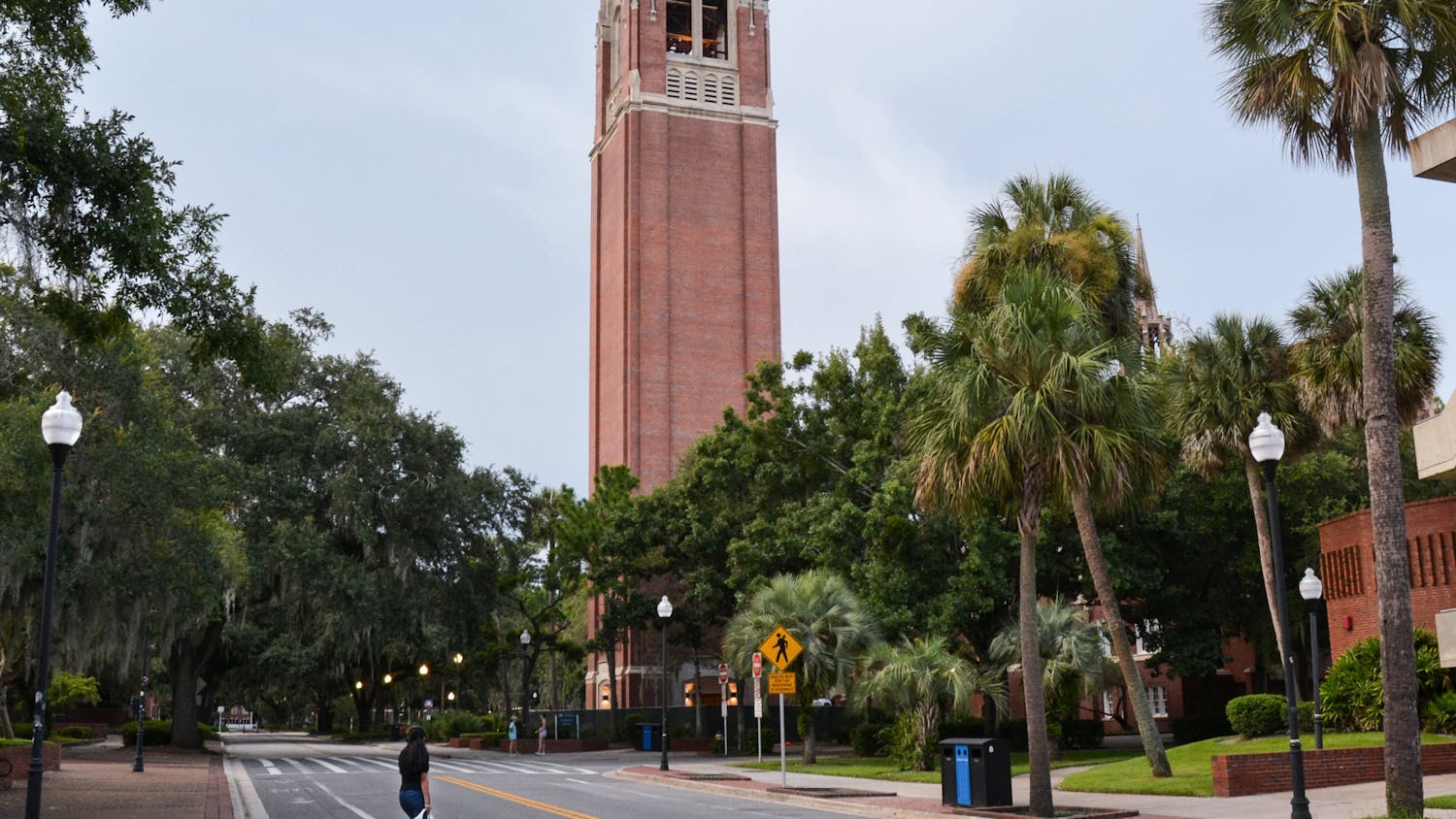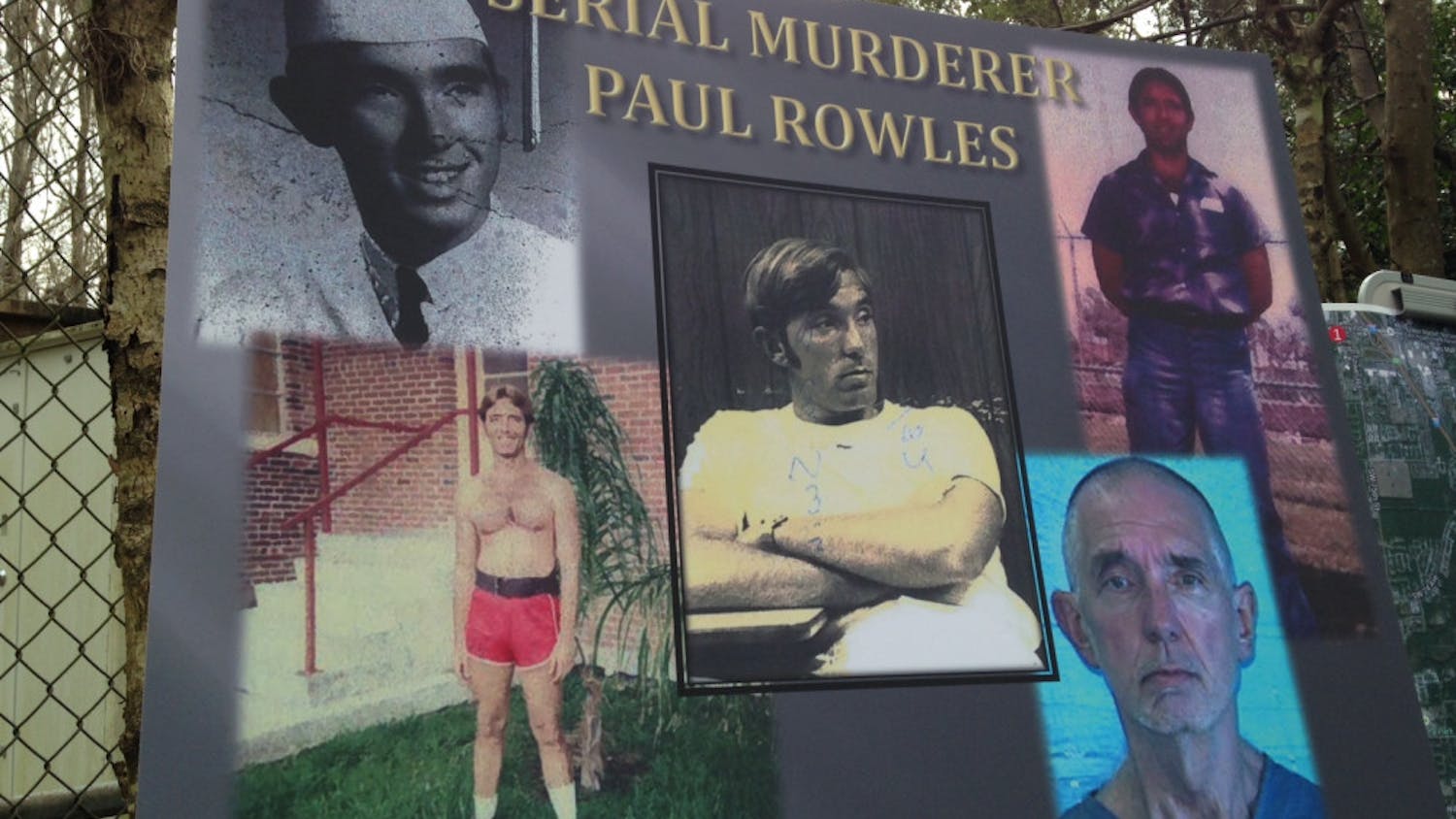About 40 UF researchers were among the thousands of scientists who discovered what they believe to be the “God particle.”
The Higgs boson is a subatomic particle that can explain how matter attains mass. It interacts with other subatomic particles and slows them down.
The particle’s discovery was announced Wednesday, and it is believed to be the Higgs boson.
The discovery was made at CERN, a multinational particle physics laboratory in Geneva.
Andrey Korytov, a UF professor and team leader of physicists, said without this particle the Standard Model was not complete. The model, which is the best current explanation for how the universe works, is a set of elementary particles that make up the world.
The new particle holds a central role in the model.
A version of the Higgs particle could be a bridge to understand the 96 percent of the universe that is unknown, according to a CERN press release.
Paul Avery, another UF professor and researcher involved in the discovery, said the Standard Model now has its theoretical capstone. Scientists have been looking for it since the 1970s.
The new particle was found by observing collisions of protons and looking at the smashed fragments, said researcher and UF professor Konstantin Matchev.
Only a few thousand of the billions of collisions were the possible Higgs boson.
”It’s like looking at a needle in a stack of hay,” Matchev said.
Two teams of about 3,000 physicists collected data from an underground tunnel 17 miles wide. UF belongs to the CMS team.
The CMS team and the Atlas team independently found results of a new particle and believed it could be the Higgs boson.
UF has been involved in the research for about 15 years. The team has collected data for two years.
The team will continue to study the particle’s properties and see if it is still behaving like the Higgs boson, Avery said.
Matchev said there was some indication last summer but not enough to confirm the particle.
“It’s good we found it, or we would have to throw away textbooks,” he said.
Contact Samantha Shavell at sshavell@alligator.org.





